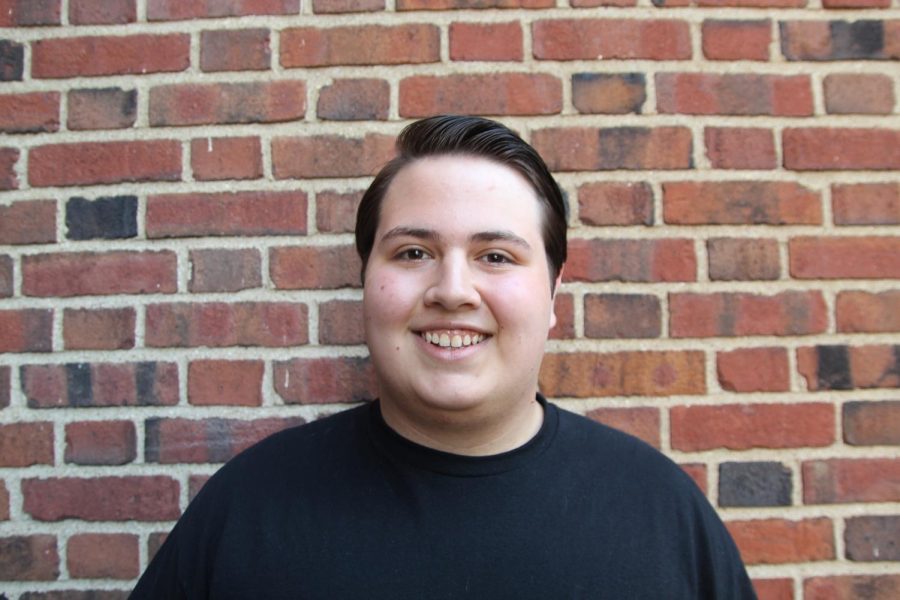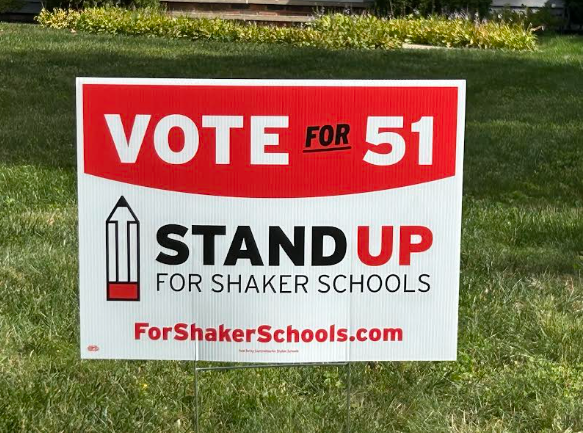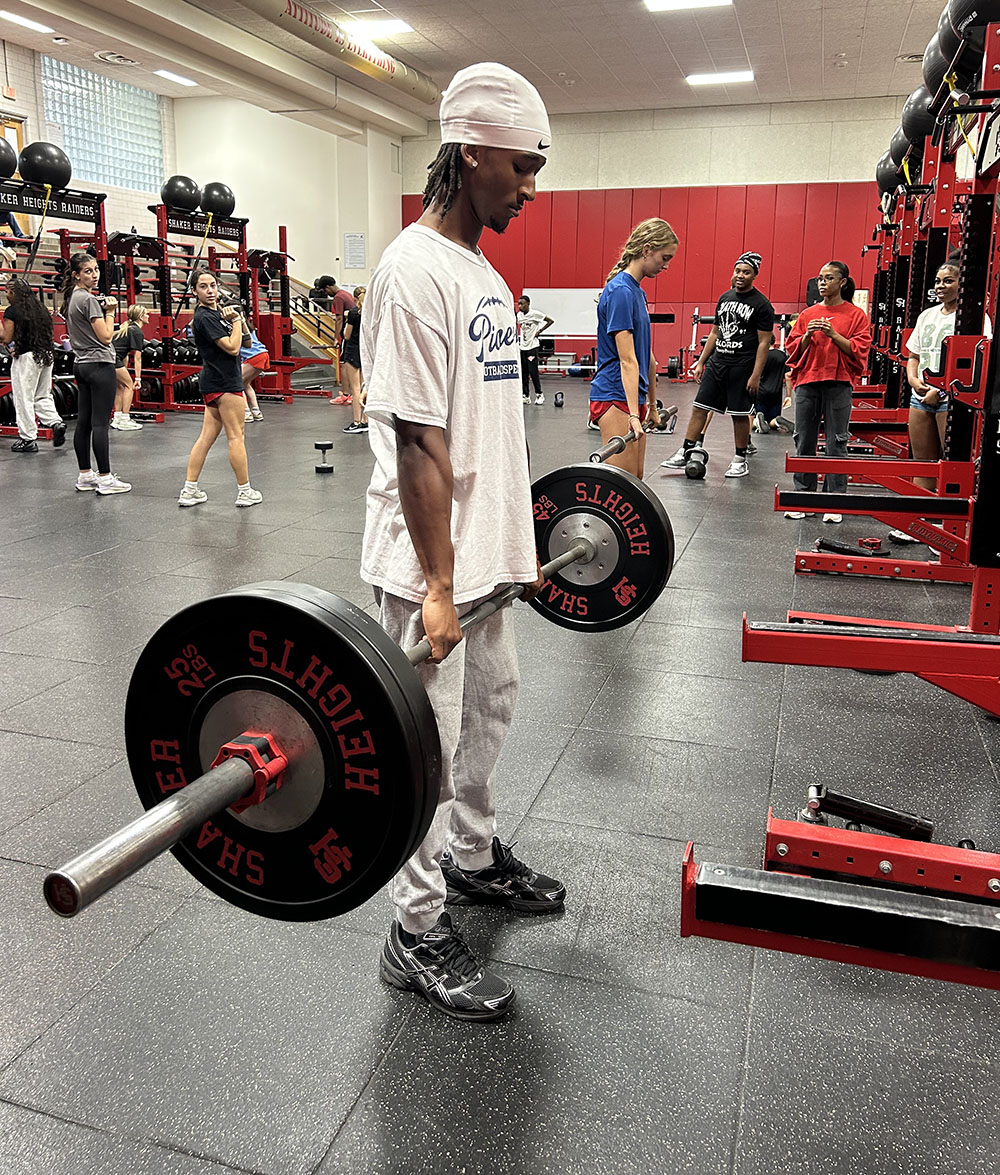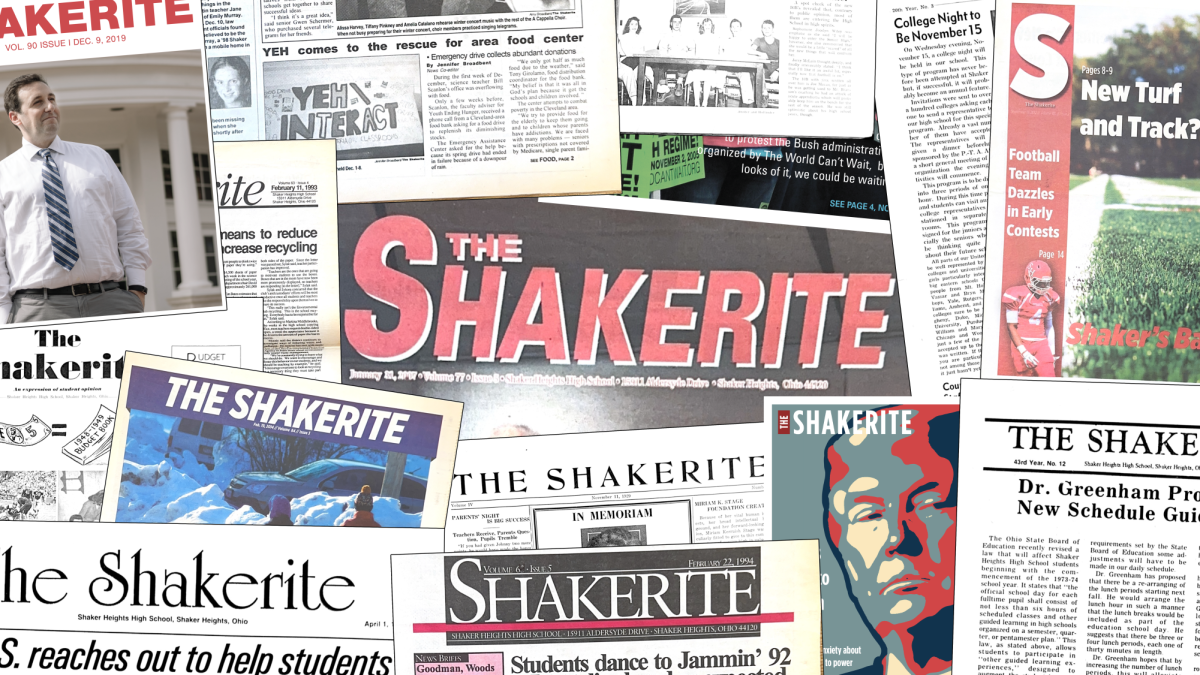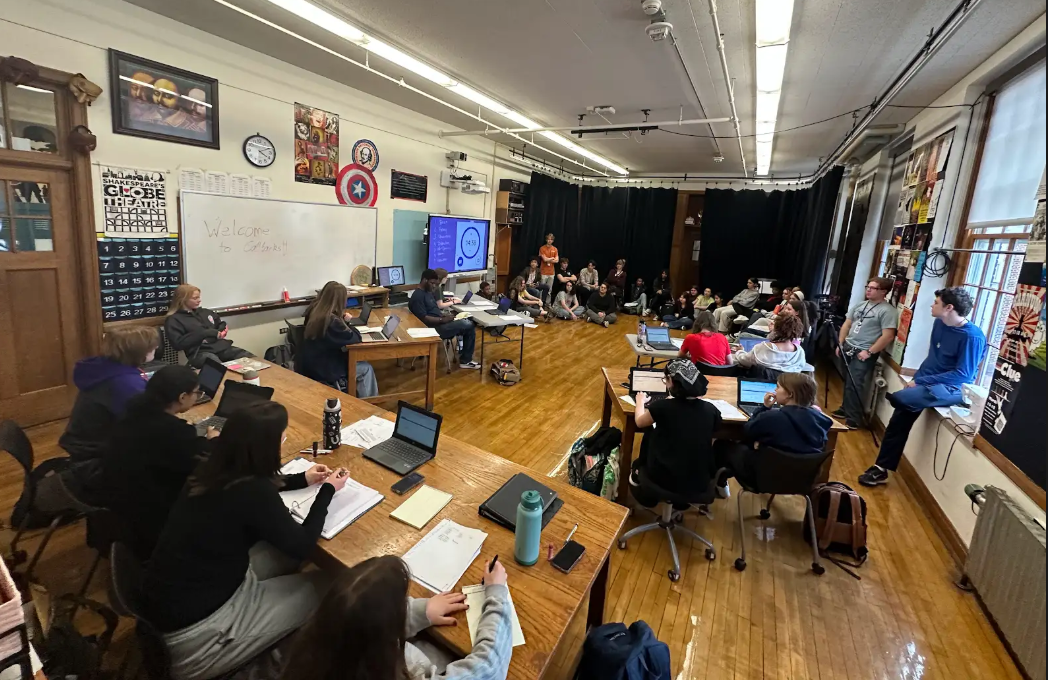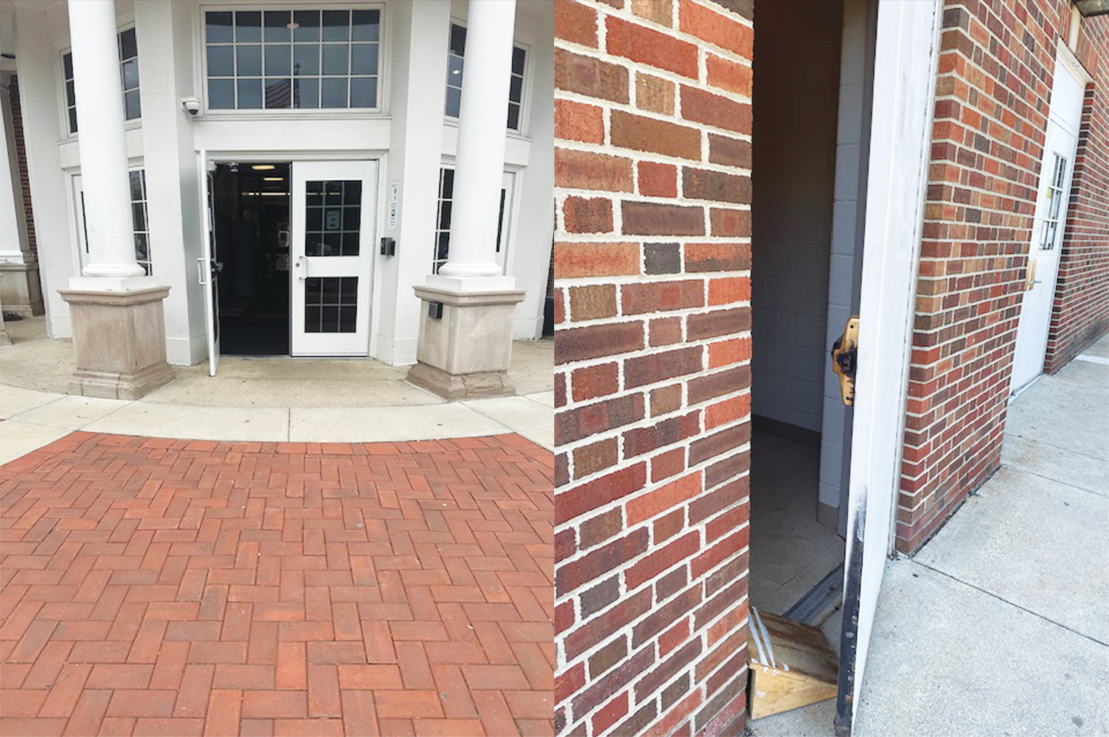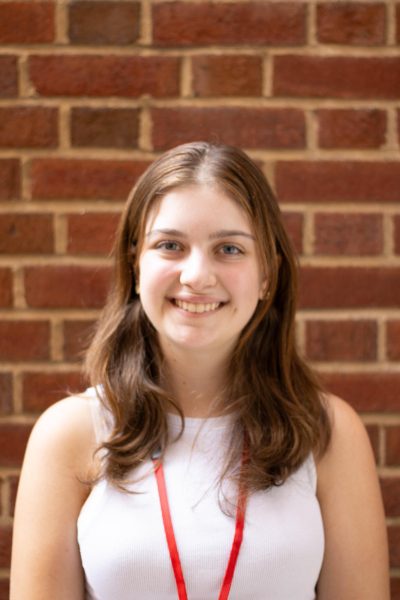 For this edition, I researched the impacts of generative AI in classrooms here at Shaker. But the effects of AI go beyond cutting corners on a school assignment.
For this edition, I researched the impacts of generative AI in classrooms here at Shaker. But the effects of AI go beyond cutting corners on a school assignment.
When I sat down to write this, I felt overwhelmed. There are so many important topics to write about right now. Even within the subject of AI, there are countless relevant angles to explore – from misinformation to critical thinking. There’s no way to cover everything. So I decided to write about something that is important to me.
The arts have always been integral to my life and identity. I grew up eagerly attending shows at Playhouse Square, voraciously reading fantasy books, and writing short stories, poetry and plays. I’ve always known that I want to pursue a career in writing. But now, as a junior looking at colleges and planning my future, I’m worried about what the world will look like when I graduate.
Despite fears of a robot apocalypse, the AI bots most used right now aren’t sentient machines taking over the world. They’re writers. Bots such as ChatGPT can produce virtually any type of writing, image or video when given a prompt.
It’s one thing when a stressed student uses AI as a shortcut for academic work. But AI shouldn’t invade our means of expression.
During the 2023 Writers Guild of America strike, one demand was that AI would only be used as a tool for research or ideas, not to replace writers. AI trends have taken over social media – whether it’s uncanny generated videos or custom chatbots. AI is everywhere, but it’s not being used for practical purposes – it’s intruding on the arts.
Right now, President Trump is dismantling AI protections. One of his first actions was to repeal the Biden administration’s Executive Order on Safe, Secure and Trustworthy Development and Use of Artificial Intelligence, which established standards to ensure safety and security with AI. At the same time, he is pushing an agenda of censorship – from limiting the journalists who have access to Trump in the press pool, to banning diversity, equity and inclusion programs in schools and universities. Recently, Trump posted an AI-generated video of “Trump Gaza” on social media.
Now more than ever, we need to produce real, human thoughts – not AI-generated statements. Creativity, in all forms – fiction, poetry, plays, photography, films – exposes us to different human experiences. Though it serves as entertainment, it can also be a form of awareness and protest. That’s why people ban books.
AI can’t replace the process of creating. Your own ideas, values and experiences should be a part of the process. It doesn’t have to be groundbreaking – even writing bad poetry or a cliche breakup song is cathartic. AI can’t recreate that.
The way to combat censorship is to continue creating. The more we produce real, human writing, the less power AI-generated propaganda will have. Continuing to pursue this, even in the face of threats of censorship, ensures our perspective and opinions aren’t lost. It gives us autonomy. We must constantly remind people that AI can’t replace real art and writing. We should create media that people want to ban.
A version of this editor’s note appears in print on page 2 of Volume 95, Issue 4, published March 21, 2025.

